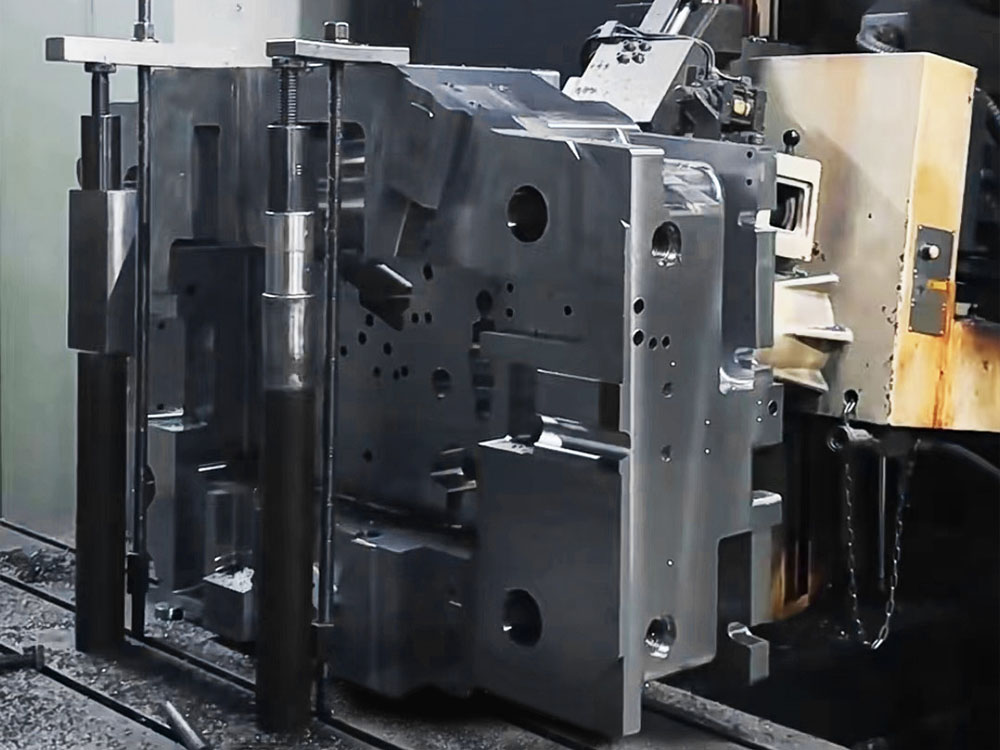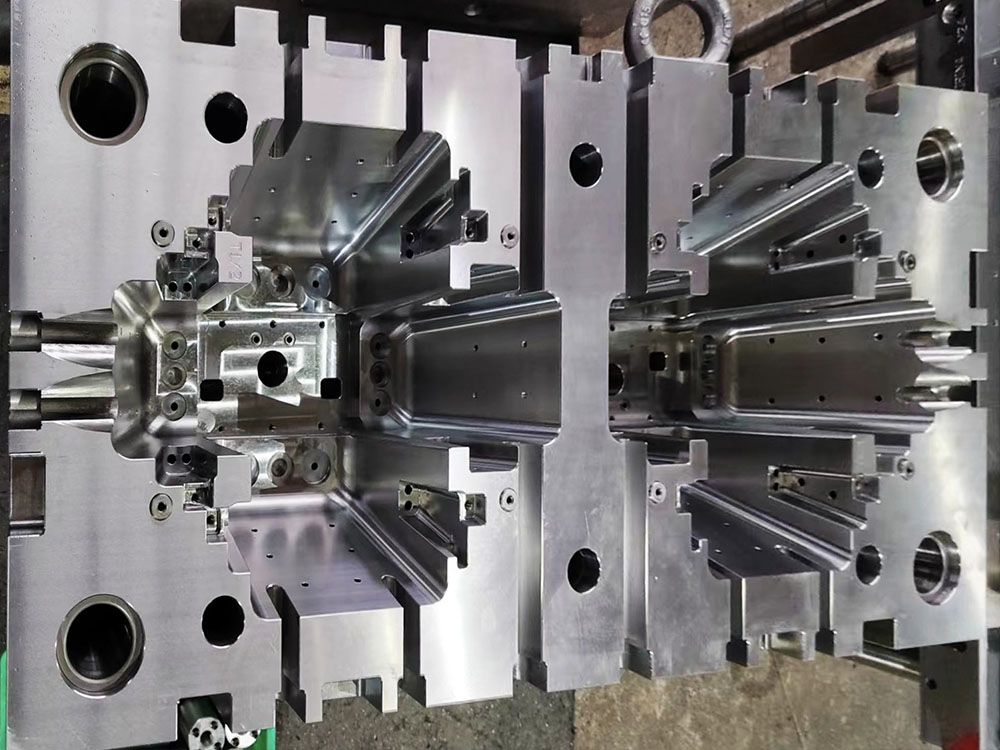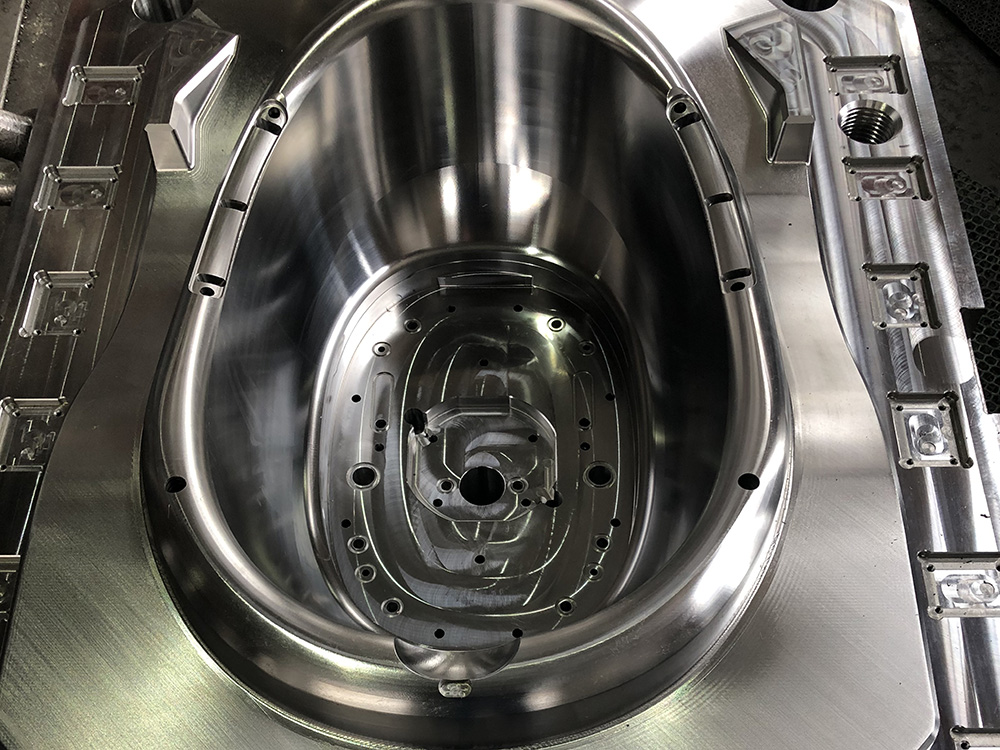The Definition of Outsourced Framework in the Mold Base Industry
In the mold base industry, the concept of outsourcing has gained significant importance and has become a common practice for businesses. Outsourced framework refers to the strategy of subcontracting certain tasks or processes to external suppliers or service providers rather than performing them in-house.
This approach allows mold base manufacturers to focus on their core competencies while delegating non-core functions to specialized partners. It enables companies to leverage the expertise, resources, and capabilities of external providers, resulting in improved efficiency, cost savings, and enhanced overall competitiveness.
Benefits of Outsourcing in the Mold Base Industry
Outsourcing has various benefits for businesses operating in the mold base industry. Some of the key advantages include:
1. Cost Savings:
Outsourcing certain activities can significantly reduce operational costs for mold base manufacturers. External suppliers often have lower labor and production costs, enabling businesses to save on expenses related to hiring and training employees, maintaining infrastructure, and purchasing machinery and equipment.
2. Access to Specialized Skills and Resources:
Outsourcing provides access to specialized skills that might not be available in-house. External providers often have dedicated teams of experts with extensive knowledge and experience in specific areas, such as design, engineering, and manufacturing. This allows mold base manufacturers to benefit from the latest technologies, industry best practices, and innovative ideas.
3. Improved Productivity and Time-to-Market:
Outsourced framework allows businesses to streamline their processes and increase productivity. By delegating certain tasks to external suppliers, manufacturers can focus on their core operations and reduce time-consuming activities. This leads to faster product development cycles and shorter time-to-market, enabling businesses to respond quickly to customer demands and market changes.
4. Flexibility and Scalability:
Outsourcing offers flexibility and scalability to mold base manufacturers. They can easily adapt to fluctuating market demands and adjust their production schedules or capacities by collaborating with external suppliers. This ensures optimal resource utilization and eliminates the need for substantial investment in additional equipment or labor during peak periods.
Challenges and Considerations in Outsourced Framework
While outsourcing can bring several advantages, it also presents certain challenges and considerations for mold base manufacturers. Some of these include:
1. Quality Control:
Ensuring quality control and maintaining consistent standards can be a challenge when outsourcing production or processes. Manufacturers need to establish clear communication channels, define quality requirements, and implement stringent monitoring and evaluation mechanisms to ensure that external suppliers meet the desired quality standards.
2. Data Security and Intellectual Property Protection:
Outsourcing may involve sharing sensitive data, intellectual property, and proprietary information with external providers. Mold base manufacturers must carefully evaluate the security measures and confidentiality protocols of potential partners to safeguard their trade secrets and prevent data breaches or intellectual property infringements.
3. Communication and Cultural Differences:
Effective communication is crucial in outsourcing relationships. Mold base manufacturers may face challenges related to language barriers, time zone differences, and cultural nuances when collaborating with external suppliers from different regions or countries. Clear communication protocols, regular updates, and proactive engagement can help mitigate these challenges.
4. Vendor Selection and Management:
Choosing the right outsourcing partners is essential for successful implementation of the outsourced framework. Mold base manufacturers need to carefully evaluate potential suppliers, considering factors such as their capabilities, track record, financial stability, and compatibility with the business's values and objectives. Additionally, effective vendor management throughout the outsourcing relationship is crucial for ensuring mutual understanding, accountability, and long-term success.
In Conclusion
The concept of outsourced framework has become an integral part of the mold base industry. By embracing outsourcing, businesses in this sector can benefit from cost savings, access to specialized skills, improved productivity, and flexibility. However, it is important to consider and address challenges such as quality control, data security, communication, and vendor management in order to maximize the advantages of outsourcing and drive sustainable growth in the mold base industry.




